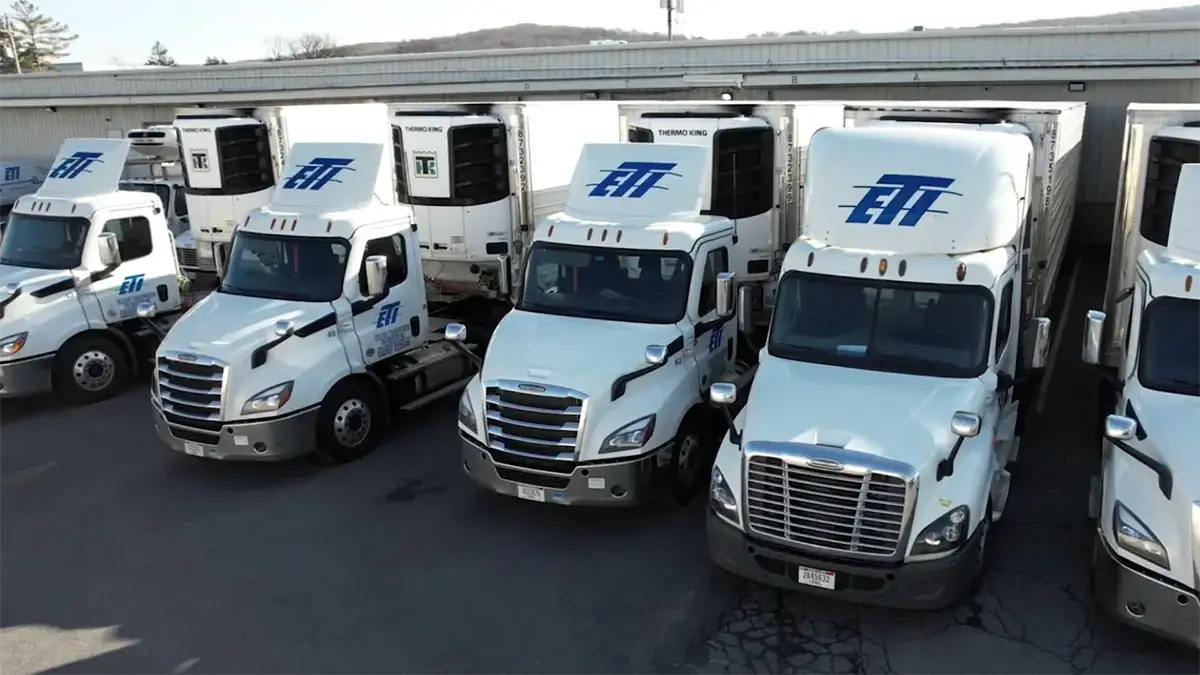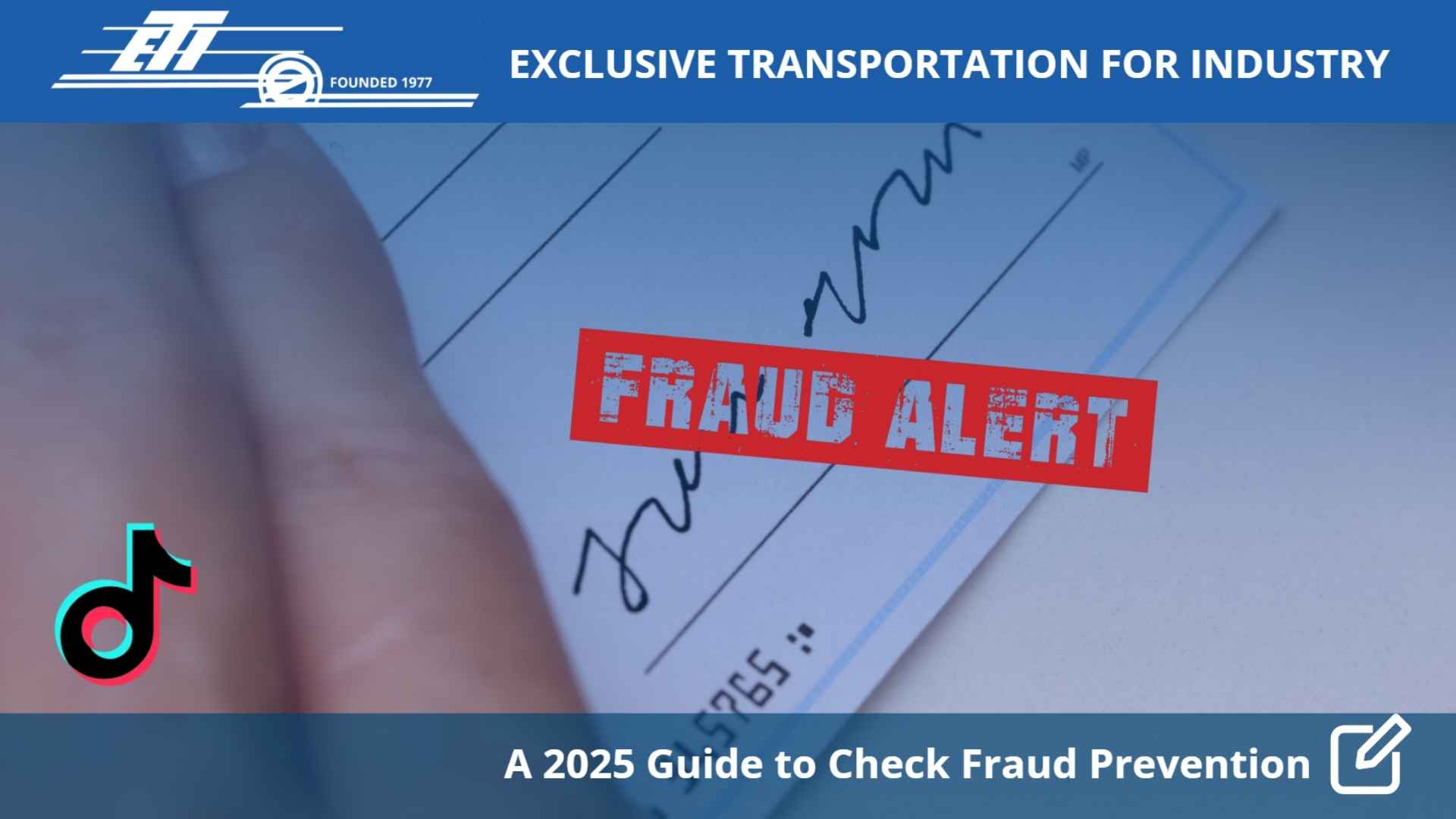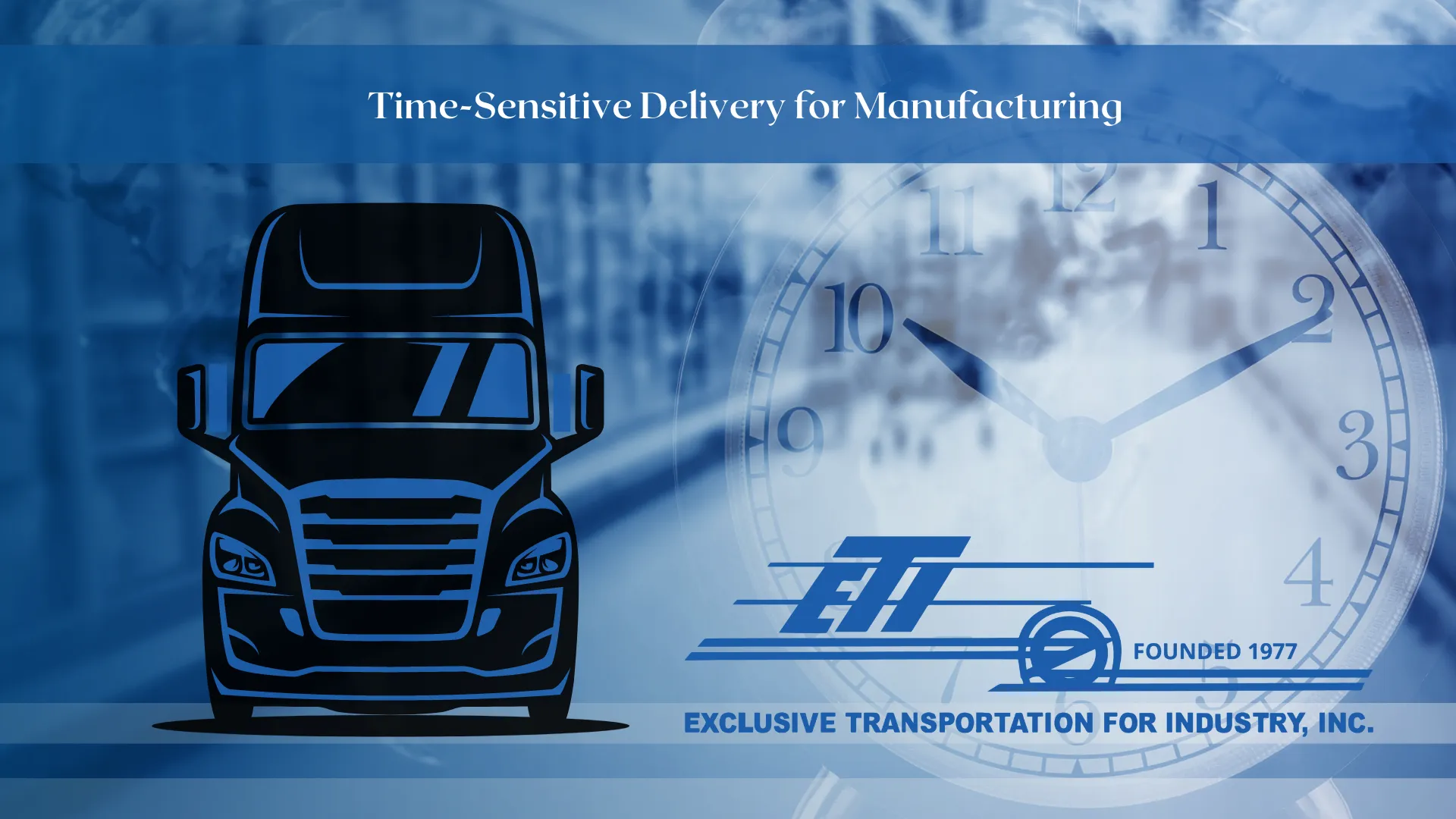Healthcare logistics, a critical component of the global healthcare system, encompasses the detailed coordination of medical supplies, pharmaceuticals, medical devices, and other healthcare-related goods and services from manufacturers to healthcare providers and patients. This complex process plays a vital role in ensuring that the right products are available at the right time, in the right condition, and at the right location, ultimately impacting patient care quality and healthcare outcomes.
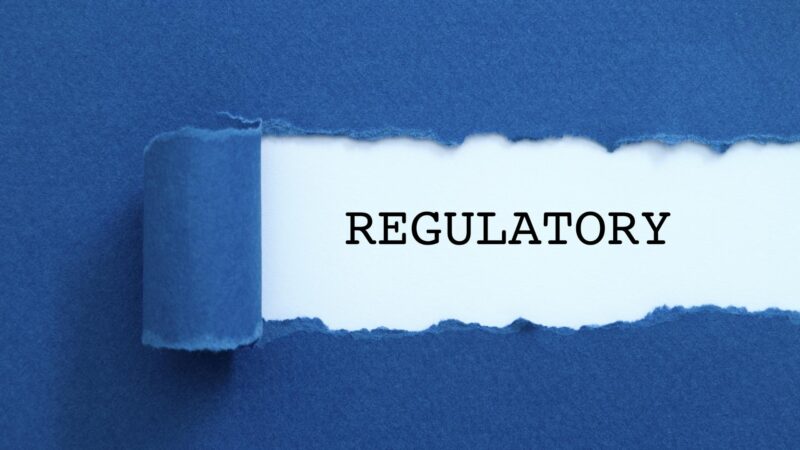
Regulatory Challenges in Healthcare Logistics
Healthcare products are subject to stringent regulations that vary by manufacturer. Ensuring compliance with these regulations, including storage conditions, transportation methods, and documentation, adds a layer of complexity to logistics operations.
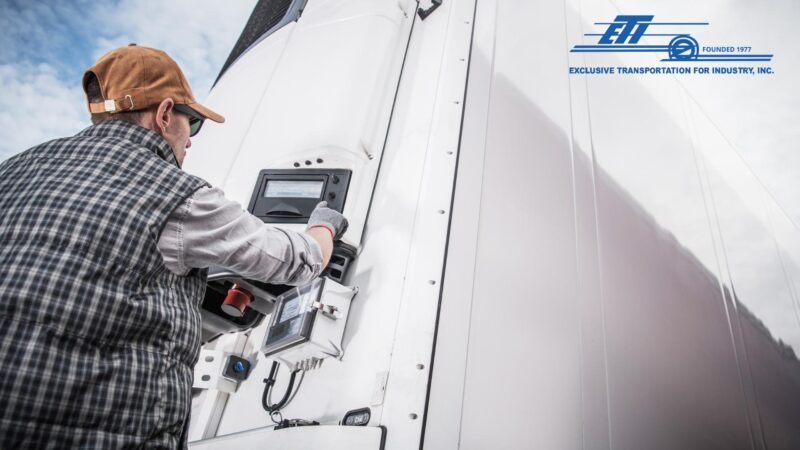
Temperature Control During Transportation
Many healthcare products, especially biopharmaceuticals, require precise temperature control throughout the supply chain. Maintaining the cold chain without interruption is critical to ensuring the efficacy and safety of these products.
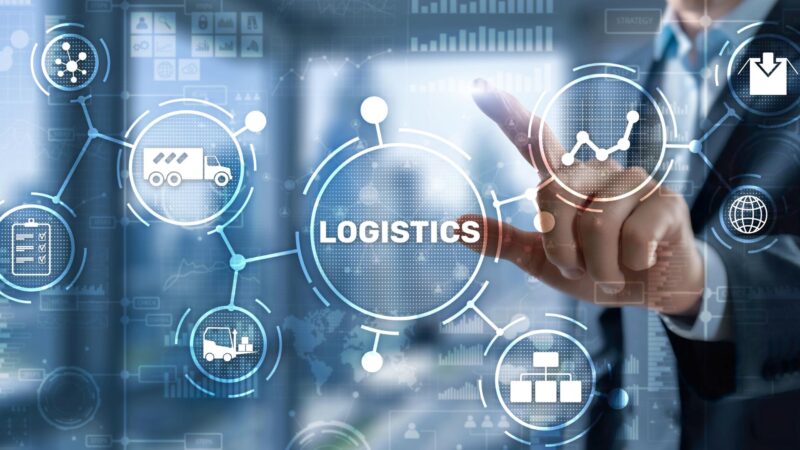
Delivery Demand Forecasting
Accurate forecasting is challenging due to the unpredictable nature of healthcare demand, influenced by disease outbreaks, seasonal fluctuations, and the introduction of new treatments. Overestimating demand can lead to wastage, especially for products with short shelf lives, while underestimating can result in shortages. Balancing the need to minimize stock levels to reduce costs with the need to ensure product availability for patient care is a constant challenge in healthcare logistics.

Innovations Addressing These Complexities
The adoption of digital tools and data analytics is improving demand forecasting, inventory management, and supply chain visibility. These technologies enable more accurate predictions of healthcare needs and real-time tracking of products throughout the supply chain.
Innovations in packaging and monitoring technologies, such as smart sensors and IoT devices, are enhancing the management of temperature-controlled products by providing real-time data on product conditions during transit and storage.
Blockchain technology is being explored for its potential to improve traceability and security in the supply chain, ensuring the authenticity of healthcare products and reducing the risk of counterfeit goods.
The Future of Healthcare Logistics
The future of healthcare logistics is likely to be shaped by continued technological advancements, increased collaboration among supply chain stakeholders, and a greater focus on patient-centric logistics solutions. Personalized medicine, for example, will require logistics systems to efficiently manage the distribution of tailored treatments to individual patients. Additionally, the expansion of e-health services, including online pharmacies and telemedicine, will drive the need for more flexible and responsive logistics solutions.
As healthcare logistics continues to evolve, the focus will remain on improving efficiency, ensuring product integrity, and enhancing access to healthcare products worldwide. By addressing the challenges and embracing innovations, the healthcare logistics sector can significantly contribute to the overall goal of improving patient care and health outcomes.
For expert guidance and solutions in navigating the complexities of healthcare shipping, reach out to ETI Trucking. Our team of specialists is ready to ensure your medical supplies are delivered efficiently and safely. Contact us today to learn how we can support your logistics needs.



